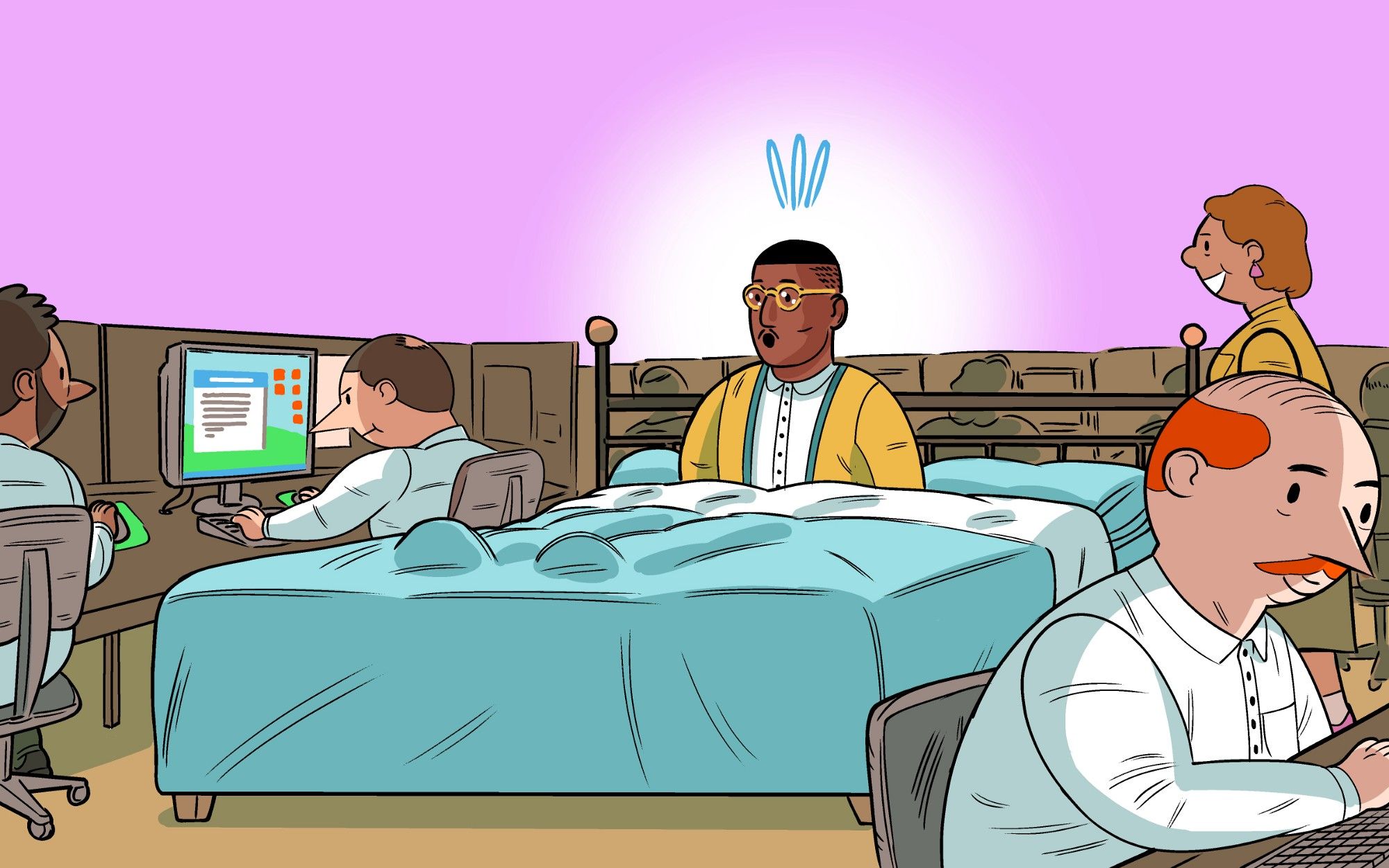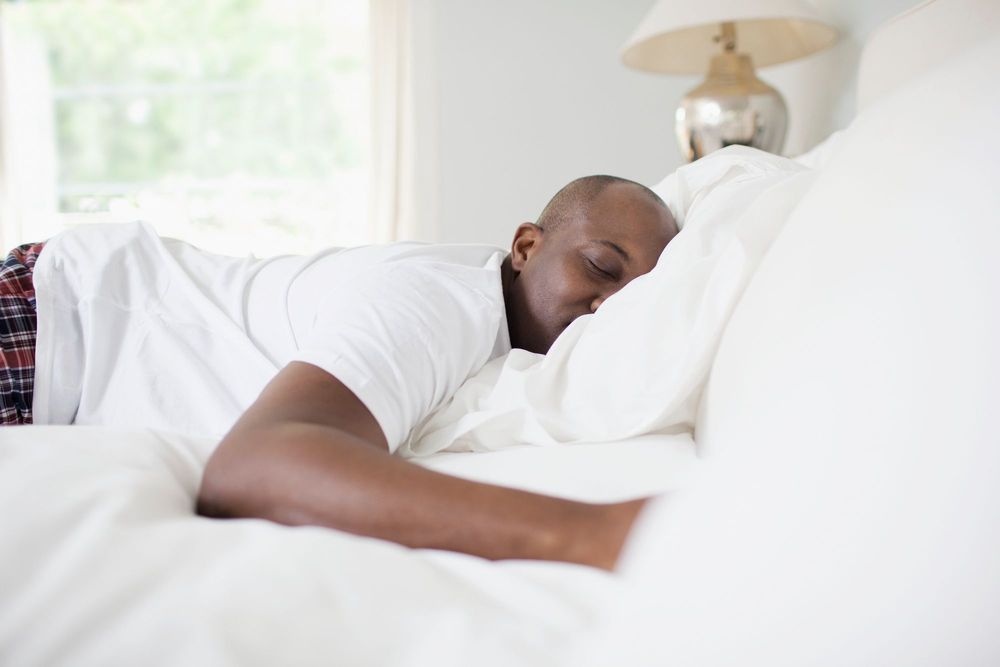We’ve all heard the commonly recited belief that seven to nine hours of sleep will leave a person feeling well-rested with muscles rejuvenated and the brain operating at its peak. However, new research shows once you get up there in age, getting the coveted hours of sleep isn’t just needed to function at your optimal speed—it’s also necessary to prevent chronic diseases.
A new study published by PLOS Medicine assessed how long people over the age of 50 slept, discovering those who regularly count sheep for five hours or fewer are more at risk for developing multiple chronic diseases.
Researchers from Universite Paris Cite and University College London followed participants over 50 years of age for 25 years. All of the adults examined were considered healthy or free from multimorbidity (the presence of two or more long-term health conditions) at the beginning of the evaluation. According to Health, 7,864 healthy participants were tested at age 50, and those who slept five or fewer hours were “30% more likely to go on to develop multiple chronic diseases, compared to those who slept seven hours.” At 60, those who slept five hours or less were 32 percent more likely to develop multimorbidity, and at age 70, the number jumped to 40 percent compared to adults who got their seven hours of sleep.
The study did have its faults. Most of the findings relied on self-reported data, and most of the participants were white males, so inherent biases have to be taken into account. And determining whether the presence of multimorbidity is the leading factor for middle-aged participants getting less sleep is also a bit of a gray area. All in all, it’s better safe than sorry.
If you want to stave off chronic diseases —diabetes, cancer, coronary heart disease, stroke, heart failure, chronic obstructive pulmonary disease, chronic kidney disease, liver disease, Parkinson’s disease, arthritis/rheumatoid arthritis, depression, dementia, and other mental disorders—it’s best not to skimp on your beauty rest. And if you aren’t quite middle-aged yet, the best time to start healthy habits is now.


